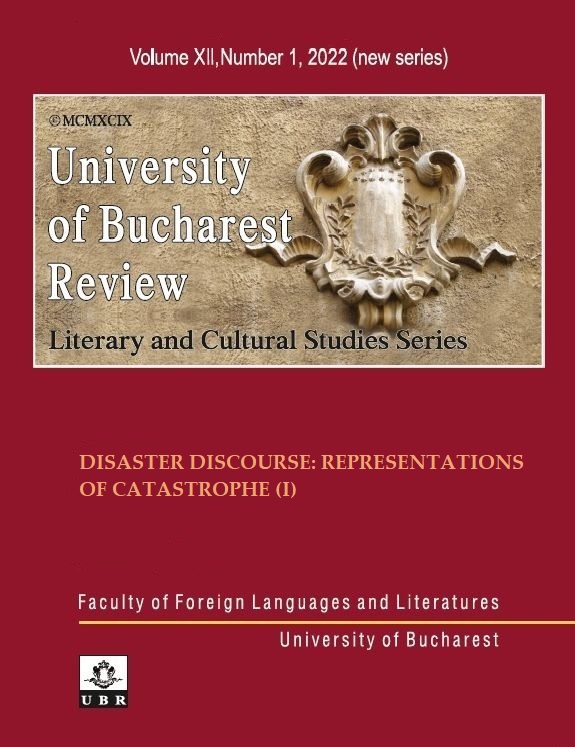Ethical Dilemmas of Trauma Representation;
Considering Art Spiegelman as a Liminal Mediator
Ethical Dilemmas of Trauma Representation;
Considering Art Spiegelman as a Liminal Mediator
Author(s): Maya GalSubject(s): History of the Holocaust, American Literature
Published by: Editura Universităţii din Bucureşti
Keywords: trauma narratives; graphic novels; Holocaust literature; narration; collaborative literature; ethics of storytelling;
Summary/Abstract: Theodor Adorno famously proclaims that “to write poetry after Auschwitz is barbaric” (285). Undoubtedly, he does not attempt to silence narratives of the Holocaust through this oft-cited remark. With this paradox began a conversation that proceeds to this day and resulted in a paradigm that haunts all trauma narratives: “who has the right to speak or write? What are the appropriate forms for their utterance to take?” and finally, “who is speaking, to whom, on whose behalf, and in what context?” (Godard 18).An author inevitably distorts and modifies an original traumatic experience by inserting his voice into the narrative via stylistic choices, formatting, narration, etc. By default, he is thus positioned as a liminal mediator between the experiencer of the story and the reader. He must ethically avoid distortions of the subject’s story, despite such responsibility creating a difficult paradox to resolve. I consider this conflict through Art Spiegelman’s Maus volumes I and II. Maus raises the same questions of censorship, authorship, and responsibility through its subject matter of the Holocaust and its medium as a graphic novel. I focus primarily on Art, the narrator, as a mediator between Spiegelman the author, his father, mother, and the written page.
Journal: University of Bucharest Review. Literary and Cultural Studies Series
- Issue Year: XII/2022
- Issue No: 1
- Page Range: 38-50
- Page Count: 13
- Language: English

